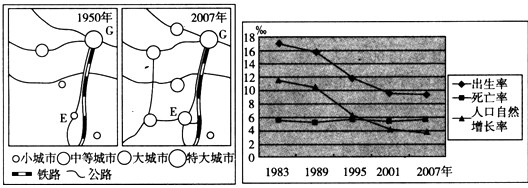In an age of perpetual digital connectedness, why do people seem so disconnected In a Duke University study, researchers found that from 1985 to 2004, the percentage of people who said there was no one with whom they discussed important matters tripled, to 25%; the same study found that overall, Americans had one-third fewer friends and confidants than they did two decades ago.
Another recent study, by researchers at the University of Michigan, found that college students today have significantly less empathy than students of generations past did. The reason, psychologists speculate, may have something to do with our increasing reliance on digital communication and other forms of new media.
It’s possible that instead of fostering real friendships off-line, e-mail and social networking may take the place of them—and the distance inherent in screen-only interactions may breed feelings of isolation or a tendency to care less about other people. After all, if you don’t feel like dealing with a friend’s problem online, all you have to do is log off.
The problem is, as empathy wanes, so does trust. And without trust, you can’t have a cohesive society. Consider the findings of a new study co-authored by Kevin Rockmann of George Mason University and Gregory Northcraft at the University of Illinois who specializes in workplace collaboration. Northcraft says high-tech communications like e-mail and (to a lesser extent) videoconferencing—which are sometimes known as "lean communication" because they have fewer cues like eye contact and posture for people to rely on—strip away the personal interaction needed to breed trust. In a business setting—as in all other social relationships outside the workplace—trust is a necessary condition for effective cooperation within a group. "Technology has made us much more efficient but much less effective," said Northcraft in a statement. "Something is being gained, but something is being lost. The something gained is time, and the something lost is the quality of relationships. And quality of relationships matters."
In Rockmann and Northcraft’s study, 200 students were divided into teams and asked to manage two complicated projects: one having to do with nuclear disarmament; the other, price fixing. Some groups communicated via e-mail, some via videoconference and others face to face. In the end, those who met in person showed the most trust and most effective cooperation; those using e-mail were the least able to work together and get the job done.
Northcraft thinks this is because real-life meetings, during which participants can see how engaged their colleagues are, breed more trust. Over e-mail, meanwhile, confirmation of hard work gets lost, which tends to encourage mutual slacking off.
Which of the following could best summarize the passage()
A. Digital communication is hurting personal relationship
B. Online networking may take the place of offline relationship
C. New media contribute less to fostering real friendship
D. Real-life meetings can breed trust among students

